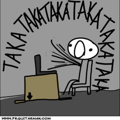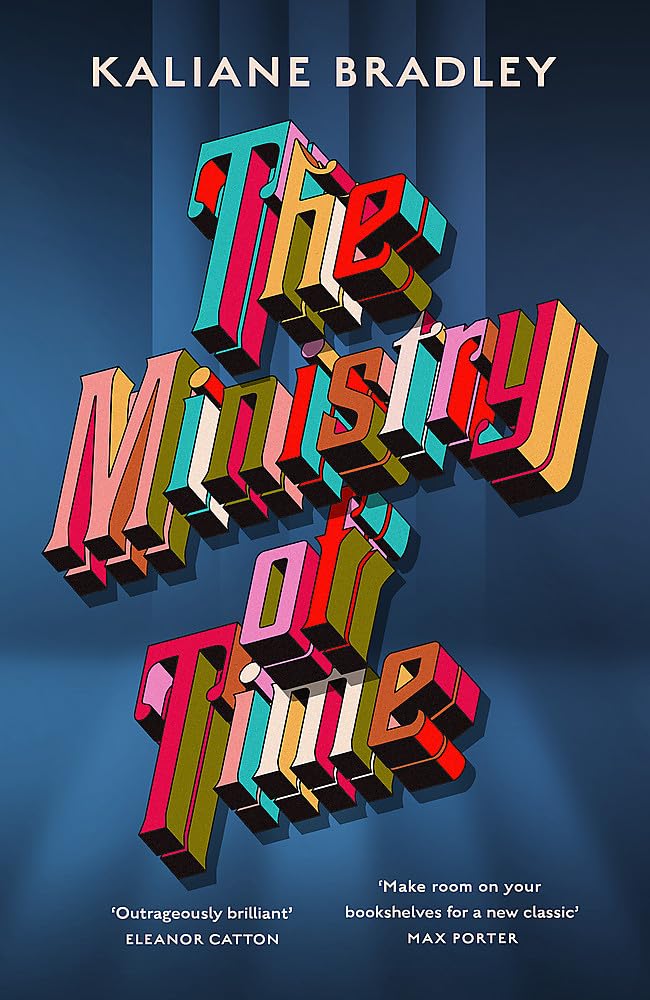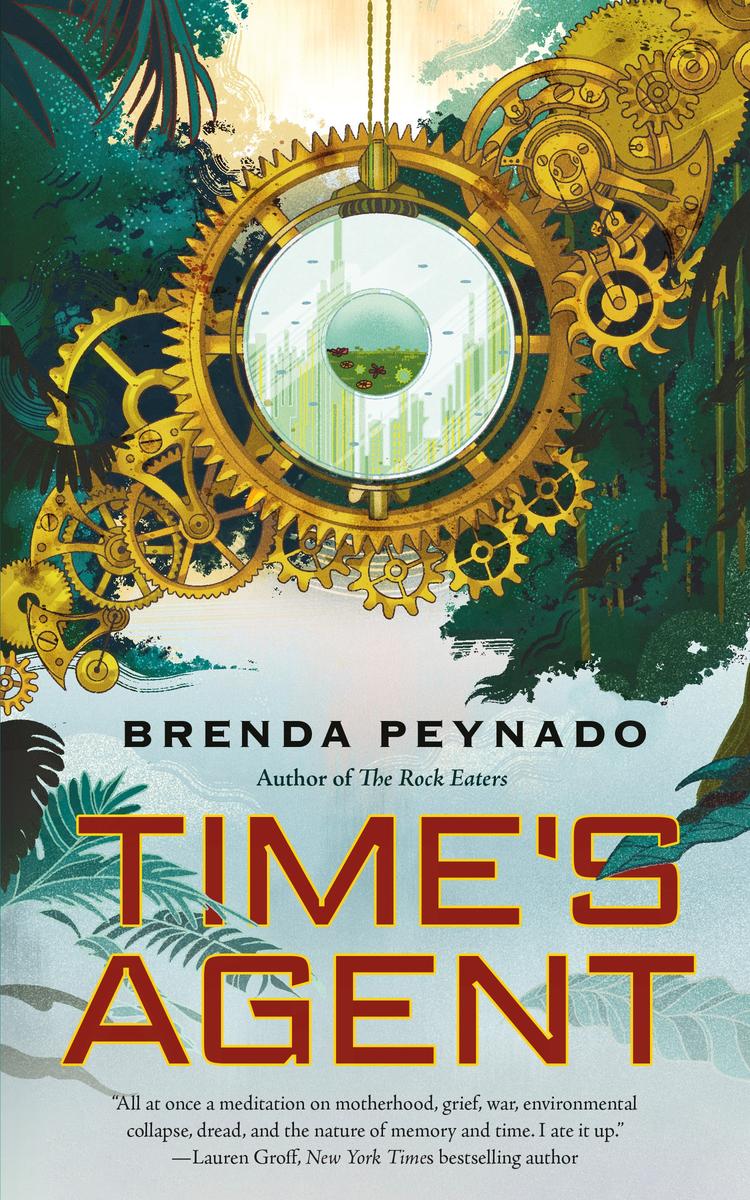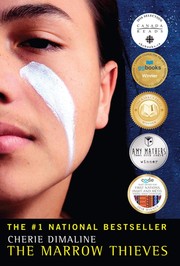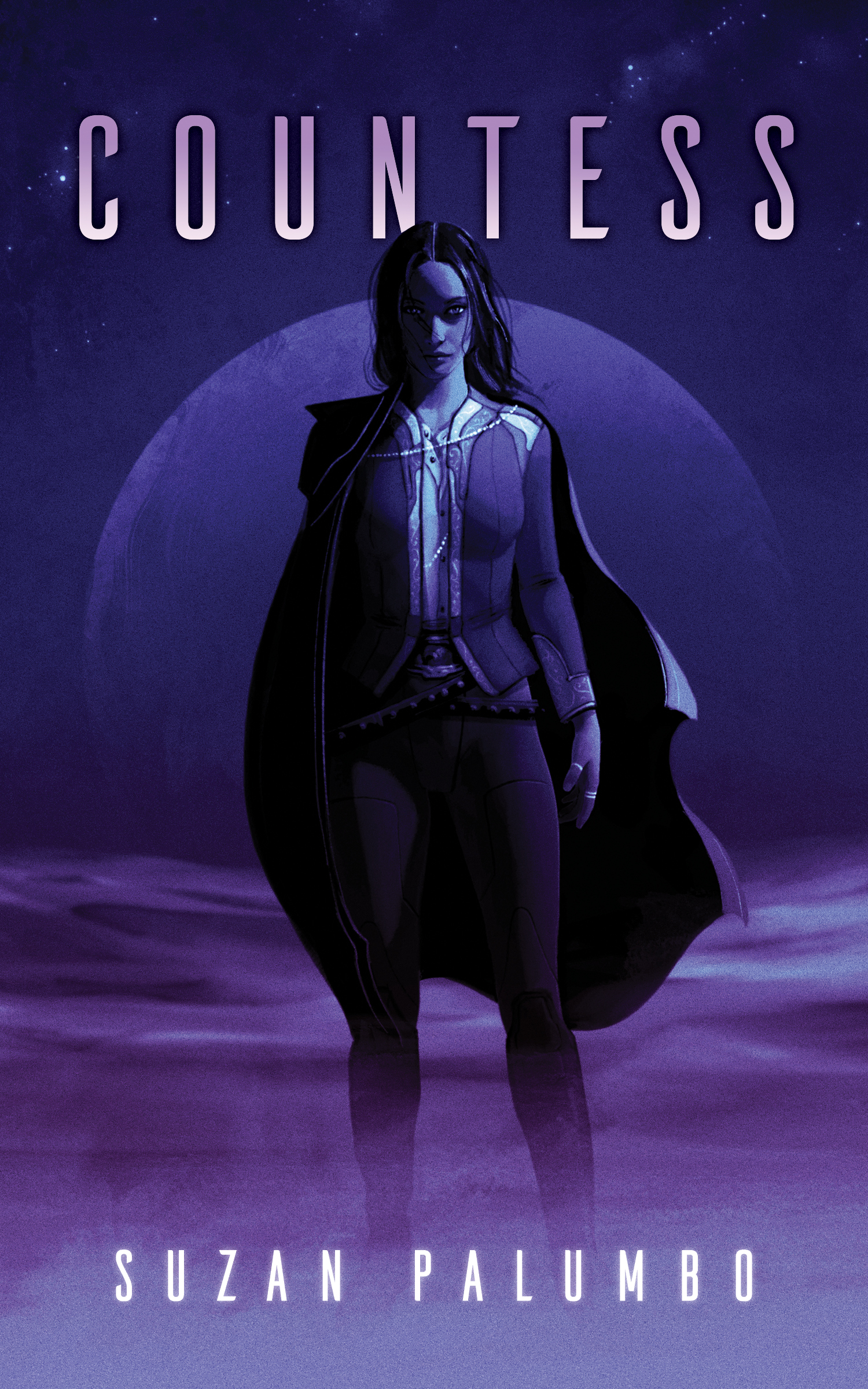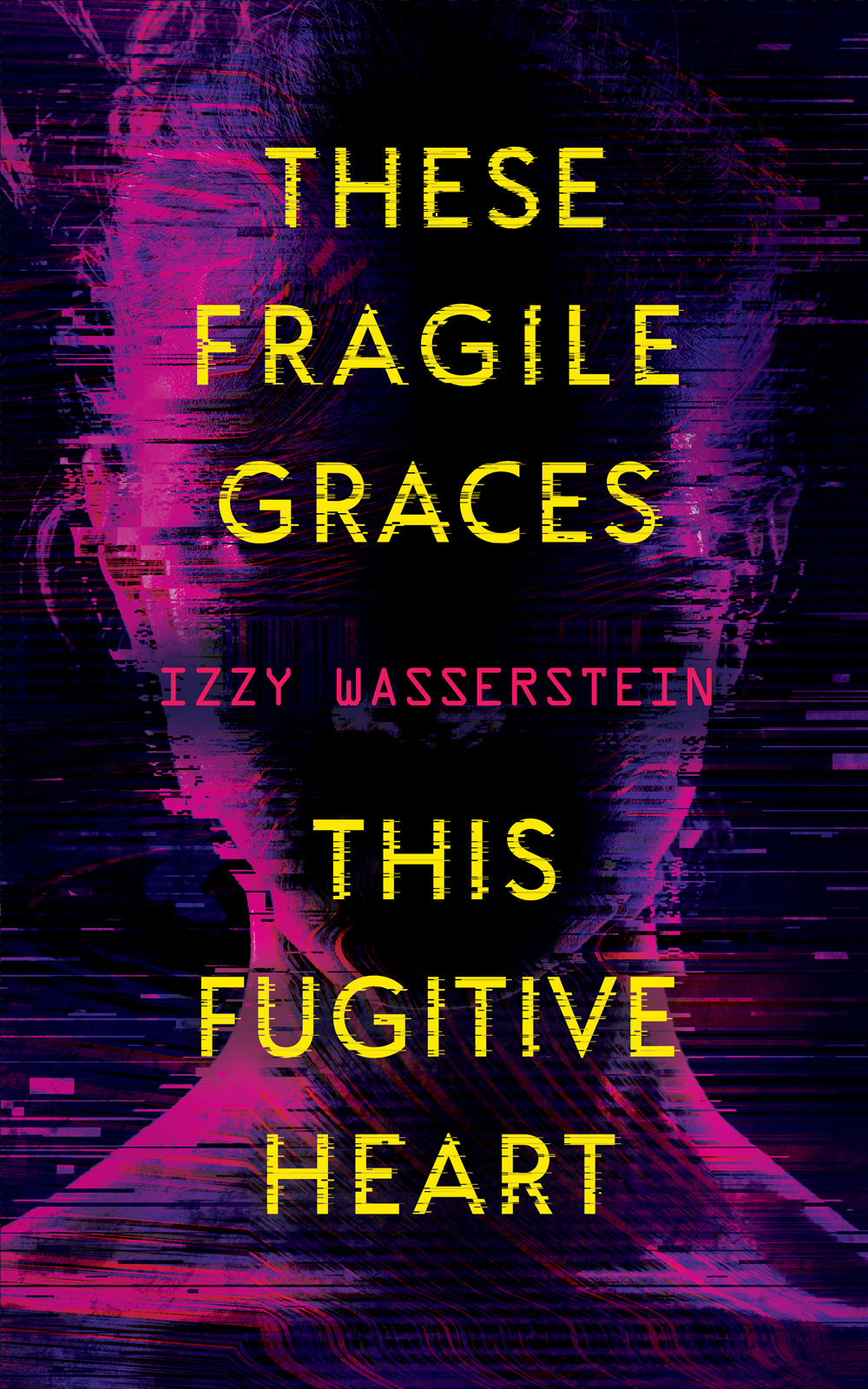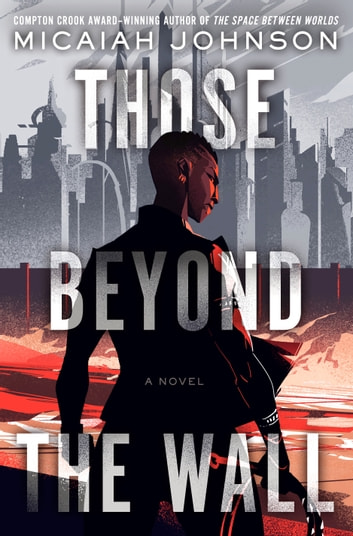Tak! reviewed The Ministry of Time by Kaliane Bradley
The Ministry of Time
4 stars
I really enjoyed The Ministry of Time.
I was frustrated with the protagonist for big chunks of the book for not realizing obvious things. The author repeatedly tried to defend this with "I bet you're thinking 'I would have realized this right away', but" and in a world where I know time travel exists, I absolutely would!
However, the writing is very good, and it kept me engaged. The combination of themes around time travel, colonialism, and refugee life really worked, and I feel like it allowed them to be explored from different angles.
I'm kind of let down by the inconclusiveness of the ending, but on the other hand they avoided most of the cliché time travel tropes, so overall I guess it balances out.
I really enjoyed The Ministry of Time.
I was frustrated with the protagonist for big chunks of the book for not realizing obvious things. The author repeatedly tried to defend this with "I bet you're thinking 'I would have realized this right away', but" and in a world where I know time travel exists, I absolutely would!
However, the writing is very good, and it kept me engaged. The combination of themes around time travel, colonialism, and refugee life really worked, and I feel like it allowed them to be explored from different angles.
I'm kind of let down by the inconclusiveness of the ending, but on the other hand they avoided most of the cliché time travel tropes, so overall I guess it balances out.
